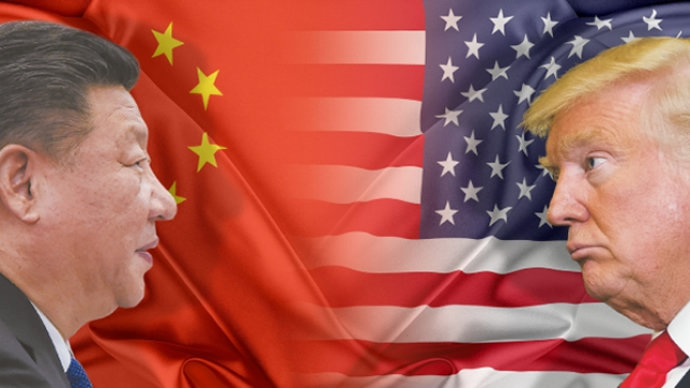
Tough times for the toy industry could turn downright miserable next year if the trade war keeps escalating.
The American toy industry is trying to recover from Toys “R” Us going out of business, but toymakers are worried that they could soon be hit with tariffs that will drive up the prices on almost all their products.
About 85% of the toys sold in the United States are made in China, according to the Toy Association, the industry’s trade group. Although those products have escaped the escalating trade war between China and the Trump administration so far, the next round of tariffs is widely expected to include all imports from China that haven’t already been taxed.
If that happens, there’s no way toys will escape.
“This could not come at a less opportune time for our industry,” said Rebecca Mond the vice president of governmental affairs for the Toy Association. “We’re still reeling from that bankruptcy.”
She argues that the solution to tariffs — bringing toy manufacturing back to the United States — wouldn’t make sense.
“It’s a labor-intensive industry that cannot be easily automated,” she said. Much of the manufacturing that has been brought back to America in recent years has gone into very automated plants with high productivity.
It’s also a seasonal industry that has to to ramp up production closer to the holiday season, she said. That makes building new American factories impractical, she said.
Hasbro CEO Brian Goldner has spoken to analysts about moving production away from China, but he’s made clear that would shift to other low-wage countries — not back to the United States. He said that it will takes years to shift even a fraction of its Chinese production elsewhere.
“There is absolutely no way that Hasbro (HAS) and Mattel (MAT) can shift from China to another low cost country overnight,” said Lutz Mueller, CEO Klosters Trading and an expert on the industry. “They don’t have the infrastructure or supply chain in place.”
Leading toy manufacturers declined to respond to questions about the threat of tariffs. But when some of the items they sell, including high chairs and cribs, were initially put on earlier tariff lists, they filed comments with US trade officials arguing tariffs would end up costing American jobs. Mattel said it employs 5,000 Americans to its toys.
Those arguments worked, and the juvenile products were not included in earlier rounds of tariffs – for now.
Lutz said a number of smaller toy companies could go out of business if tariffs are imposed. Many are struggling to recover from the Toys “R” bankruptcy.
As for the larger companies, Mattel was already struggling even before the Toys “R” Us bankruptcy. Its shares are down 20% since June. In July in the wake of the closure of Toys “R” Us, it announced it would cut 2,200 US jobs in an effort to control costs.
Lutz says that Mattel wouldn’t go out of business, but the imposition of tariffs could revive talks about it being purchased by a rival, namely Hasbro.
“Mattel is already teetering on the edge,” he said. “Hasbro has been trying to buy it for a while. Whether it can survive as an independent company with tariffs is a question mark.”